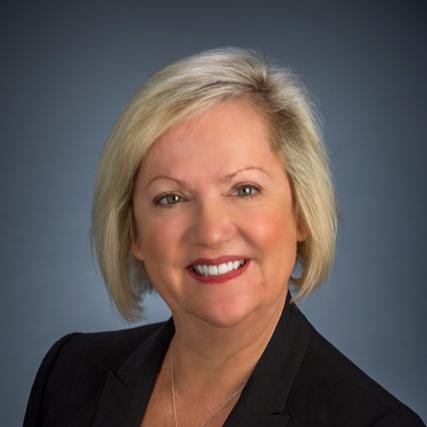
Validation, the Key to Translatable Flow Cytometry, Part 2: Method Validation - Planning and Executing
Recorded On: 09/10/2018
-
Register
- Visitor - $50
- Bronze - Free!
- Silver - Free!
- Gold - Free!
- Platinum - Free!
- Community Administrator - Free!
- ISAC Staff - Free!
- Bronze Lab Membership - Free!
- Silver Lab Membership - Free!
- Platinum Lab Membership - Free!
About the Presenter

Teri Oldaker
Clinical Laboratory Consultant
Teri is a licensed clinical laboratory scientist and certified cytometrist with over 40 years clinical laboratory and 34 years flow cytometry experience in reference laboratory settings. She is currently in a consultant role for a number of clinical laboratories. Her prior roles include director of flow cytometry at Genoptix, Neogenomics, Genzyme Genetics, and Nichols Institute. Teri has served on the board of the International Clinical Cytometry Society (ICCS) as secretary/treasurer and councilor, and is on the faculty of both the ICCS and Clinical Cytometry Education Network (CCEN) Flow Courses. She is a member of the following ICCS committees: Advocacy, Certification, and Quality and Standards Committees. She has authored four book chapters and over 40 publications in the field of flow cytometry.
Webinar Description
This webinar will review the specifics on how to conduct a validation. We will begin with an introduction of the various regulated environments and accreditation bodies requiring assay validation. Then we will discuss how to conduct the appropriate validation for each environment. The distinction between assay qualification and validation will be reviewed. Various strategies to designing method validation protocols will be discussed. These recommendations will be aligned with the upcoming Clinical Laboratories Standards Institute (CLSI) guidelines regarding the number of samples, number of analytical runs, data analysis, and acceptance criteria. Examples of a biomarker validation and a clinical laboratory validation will be presented. Lastly, an update on the progress of a regulatory guidance document for the validation of flow cytometric methods will be presented.
Learning Objectives
In the second webinar of the series, you will learn the how to convert the principles learned in the first webinar into practice in your own laboratory. We will describe what you actually need to do to validate a method.
- An introduction to the different types of regulatory environments.
- Gain an understanding of the difference between assay development, optimization, and validation.
- Gain an understanding of the fit-for-purpose and context-of-use validation approaches.
- Learn to prepare user-friendly documentation.
Who Should Attend
Anyone using flow cytometry who wants to generate high-quality data.
CMLE Credit: 1.0


